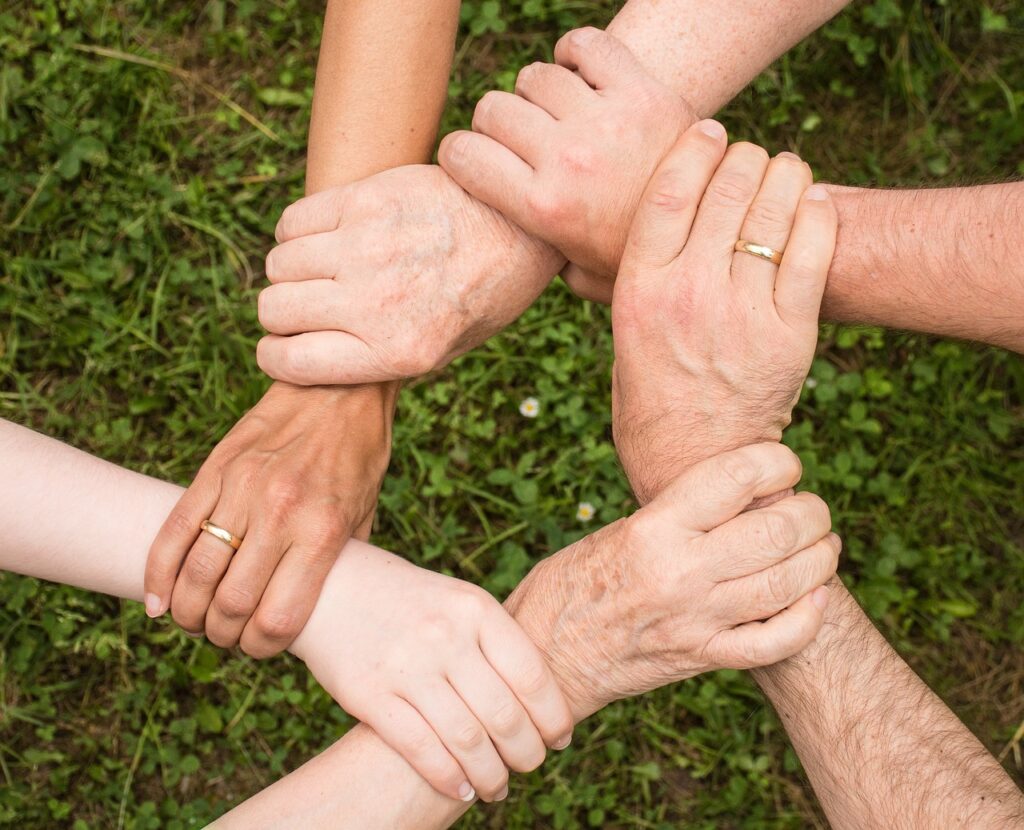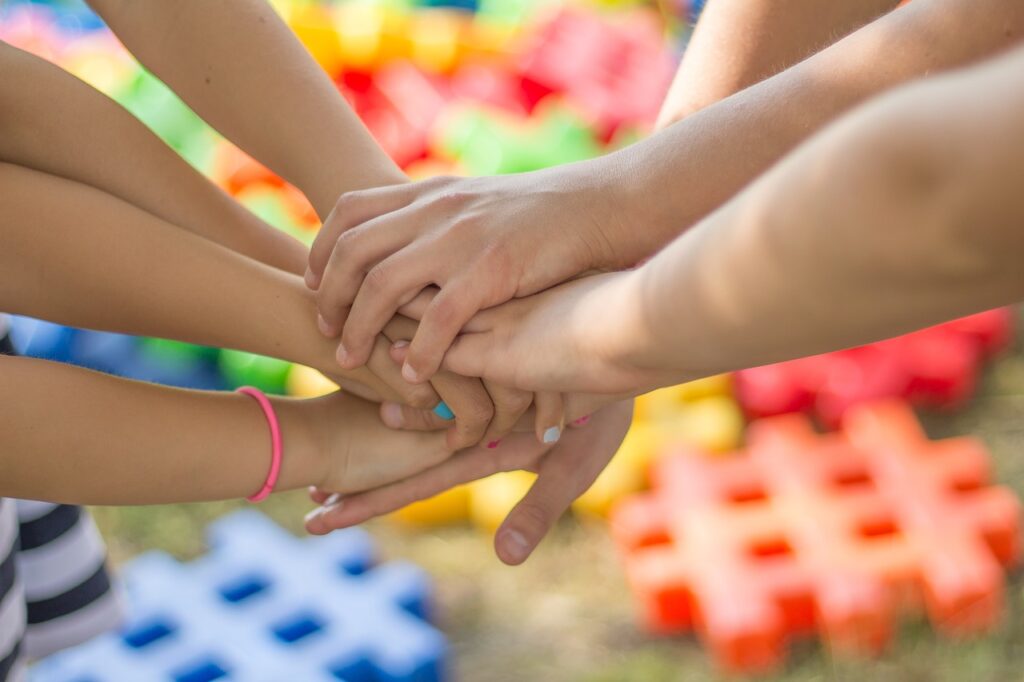
Family traditions are more than just routines or rituals; they are the threads that weave the fabric of a family’s identity. Passed down through generations, these customs create a sense of belonging, strengthen bonds, and provide continuity in an ever-changing world. Whether it’s celebrating holidays, cooking a specific dish, or simply spending time together in a unique way, family traditions are the memories we cherish for a lifetime.
This article explores the importance of family traditions, their types, and how they enrich our lives.
What Are Family Traditions?
A family tradition is any activity, practice, or ritual that a family consistently engages in, often tied to cultural, religious, or personal significance. Unlike everyday habits, traditions hold a special meaning, symbolizing shared values, beliefs, and history. They can be as grand as an annual holiday celebration or as simple as Sunday dinners.

The Importance of Family Traditions
Family traditions play a vital role in shaping individual identities and fostering family unity. Here’s why they matter:
1. Strengthening Bonds
Traditions provide opportunities for families to connect, communicate, and spend quality time together. They create a sense of unity, even when life pulls members in different directions.
2. Preserving Heritage and Culture
Traditions are a way to honor and pass down cultural or religious practices. They keep a family’s history alive, teaching younger generations about their roots.

3. Creating Memories
The moments spent engaging in family traditions become cherished memories. Whether it’s baking cookies with grandparents or an annual camping trip, these experiences shape our fondest recollections.
4. Providing Stability
In an unpredictable world, traditions offer a sense of stability and comfort. They remind us of what’s constant and enduring in our lives.
5. Teaching Values
Traditions often carry lessons about kindness, gratitude, and the importance of relationships. They reinforce values that families hold dear.
Types of Family Traditions
Family traditions are as diverse as the families themselves. Here are some common types:

1. Holiday Traditions
- Decorating the Christmas tree together.
- Lighting candles for Hanukkah or Diwali.
- Hosting a family Easter egg hunt.
2. Cultural and Religious Practices
- Observing fasting rituals during Ramadan.
- Celebrating cultural festivals like Chinese New Year or Thanksgiving.
- Performing pujas or prayers as a family.
3. Daily and Weekly Rituals
- Eating dinner together every evening.
- Reading bedtime stories to young children.
- Sunday morning pancake breakfasts.
4. Milestone Celebrations
- Throwing a big party for a family member’s milestone birthday.
- Celebrating graduations or anniversaries with unique family activities.
- Hosting a baby shower with traditional blessings.
5. Travel and Adventure Traditions
- Taking an annual family road trip.
- Visiting the same beach every summer.
- Exploring a new city together every year.

Examples of Unique Family Traditions
1. Handwritten Notes
Some families maintain the tradition of writing handwritten notes for special occasions, such as birthdays or anniversaries. These heartfelt messages often become keepsakes.
2. Family Game Nights
Weekly board game nights or video game tournaments bring family members together for fun and laughter.
3. Recipe Sharing
Passing down family recipes during cooking sessions is a wonderful way to preserve culinary traditions and share stories.
4. Storytelling Evenings
Gathering around to share stories from the past, especially during family reunions, helps younger members learn about their ancestry.
5. Giving Back
Some families have a tradition of volunteering together, such as serving meals at a shelter or participating in community clean-up drives.
The Evolution of Family Traditions
Family traditions are not static; they evolve over time. As families grow, new members bring their own customs and ideas, enriching the tradition pool. Modern influences, such as technology, have also transformed traditions. For example, families separated by distance now celebrate together via video calls or share moments on social media.
How to Create and Maintain Family Traditions
Starting or maintaining family traditions doesn’t have to be complicated. Here’s how:

1. Identify What Matters
Focus on activities that align with your family’s values, interests, and cultural background.
2. Keep It Simple
Traditions don’t have to be elaborate. Even small, consistent practices can have a big impact.
3. Involve Everyone
Make sure all family members feel included. This ensures that traditions remain meaningful and enjoyable for everyone.
4. Stay Flexible
As life changes, adapt traditions to suit new circumstances. For example, a weekly movie night might become a virtual movie party for long-distance families.
5. Be Consistent
The key to building a tradition is repetition. Whether it’s an annual event or a daily ritual, consistency creates significance.

The Role of Family Traditions in Modern Life
In today’s fast-paced world, where technology often dominates, family traditions offer a way to slow down and reconnect. They remind us of the importance of relationships over material possessions and foster a sense of gratitude for the time spent with loved ones.
Conclusion
Family traditions are the glue that holds families together, creating a legacy that endures across generations. They teach values, preserve culture, and provide a source of joy and connection in an ever-changing world. By cherishing and creating traditions, families can strengthen their bonds and ensure that the love and memories they share will last a lifetime.

FAQs About Family Traditions
1. What are family traditions?
Family traditions are activities, rituals, or customs passed down through generations. They hold special meaning and are often repeated regularly, such as during holidays, milestones, or family gatherings. Examples include decorating a Christmas tree, Sunday dinners, or annual family trips.
2. Why are family traditions important?
Family traditions strengthen bonds, preserve cultural heritage, create lasting memories, and provide a sense of stability and identity. They also teach values, foster togetherness, and help families navigate life’s challenges with shared experiences.
3. How can I start a new family tradition?
To start a new family tradition:
- Choose activities that align with your family’s interests or values.
- Involve all family members in planning and execution.
- Keep it simple and enjoyable to ensure consistency.
- Build on special occasions, such as holidays or milestones, to create meaningful rituals.
4. Can family traditions evolve over time?
Yes, traditions can evolve to reflect changes in the family, such as new members, relocations, or lifestyle shifts. Modern technology also allows for new traditions, like virtual celebrations or sharing memories digitally. Flexibility ensures that traditions remain relevant and inclusive.
5. Are family traditions the same across cultures?
No, family traditions vary widely across cultures and regions. They often reflect cultural, religious, or historical influences unique to a family’s heritage. However, the core purpose—strengthening bonds and creating shared memories—remains universal.


